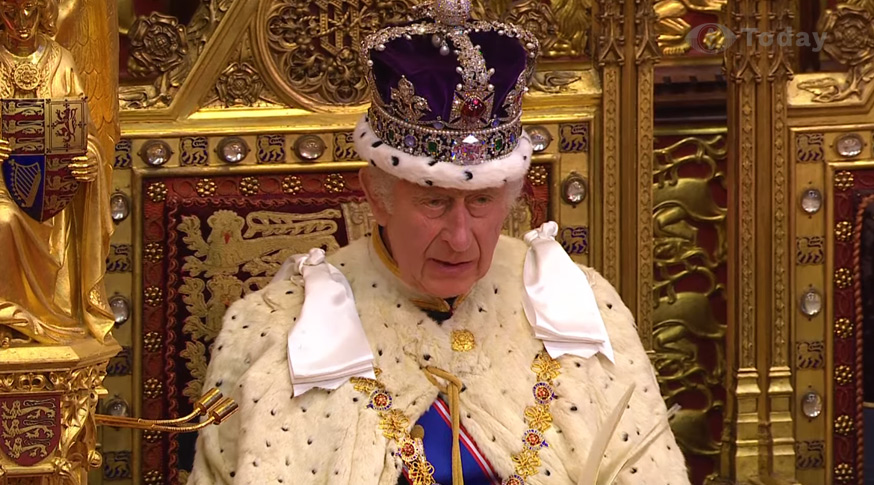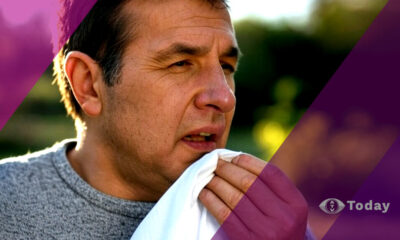Searches for ‘prostate check’ surge 242% after the announcement of King Charles’ hospital procedure for enlarged prostate…
Buckingham Palace announced on Wednesday, 18th of January, that 75-year-old King Charles requires treatment for an enlarged prostate. The King’s upcoming “corrective procedure” has caused a surge in Google searches for prostate checks worldwide.
The analysis, by skincare experts at Supplement Doctor, reveals that searches for ‘prostate check’ and ‘how to check prostate’ exploded by 242% and 217% worldwide in the last seven days after King Charles’ announcement of suffering symptoms connected to an enlarged prostate. It is understood that The King was keen to reveal his diagnosis to encourage others to get checked also.
Worldwide searches for ‘prostate symptoms’ have also soared by 290% in the past seven days at the same time. This is an increase of over four times the average search interest. The announcement has also encouraged searches for ‘prostate check age’, which have skyrocketed by 275% in the past 12 months worldwide.
Buckingham Palace said in a statement, ‘In common with thousands of men each year, The King has sought treatment for an enlarged prostate’ and that the ‘corrective procedure’ will take place next week. During this time, The King’s events and public engagements will be postponed for a short period.‘
“Prostate treatment is not uncommon for men; however, it is unusual for The King to announce such personal news. It is fantastic to see that interest in prostate checks has jumped after King Charles has spoken up. While The King’s influence spans across the globe, this is a fantastic impact if it can encourage men to attend a check-up.
“An enlarged prostate is an increase in the size of a prostate, and symptoms can include difficulty passing urinating, sudden urge to urinate, urinating more often, feeling that the bladder hasn’t properly emptied and dribbling urine after finishing. The NHS describes an enlarged prostate can be linked to age and hormonal changes. It’s important to contact your GP if you have any concerns or worries regarding a prostate check or if you have any unusual urinary symptoms.”













